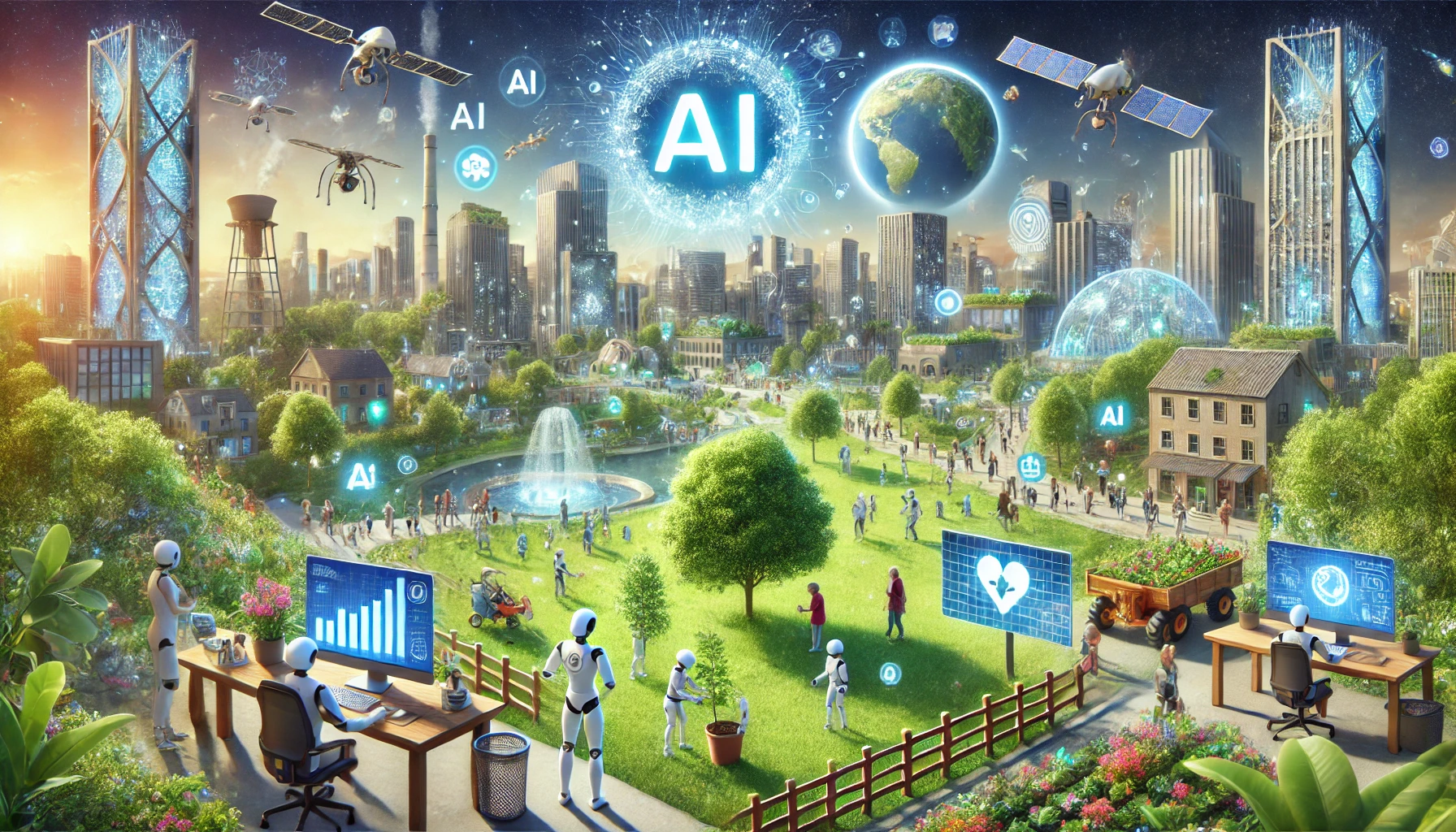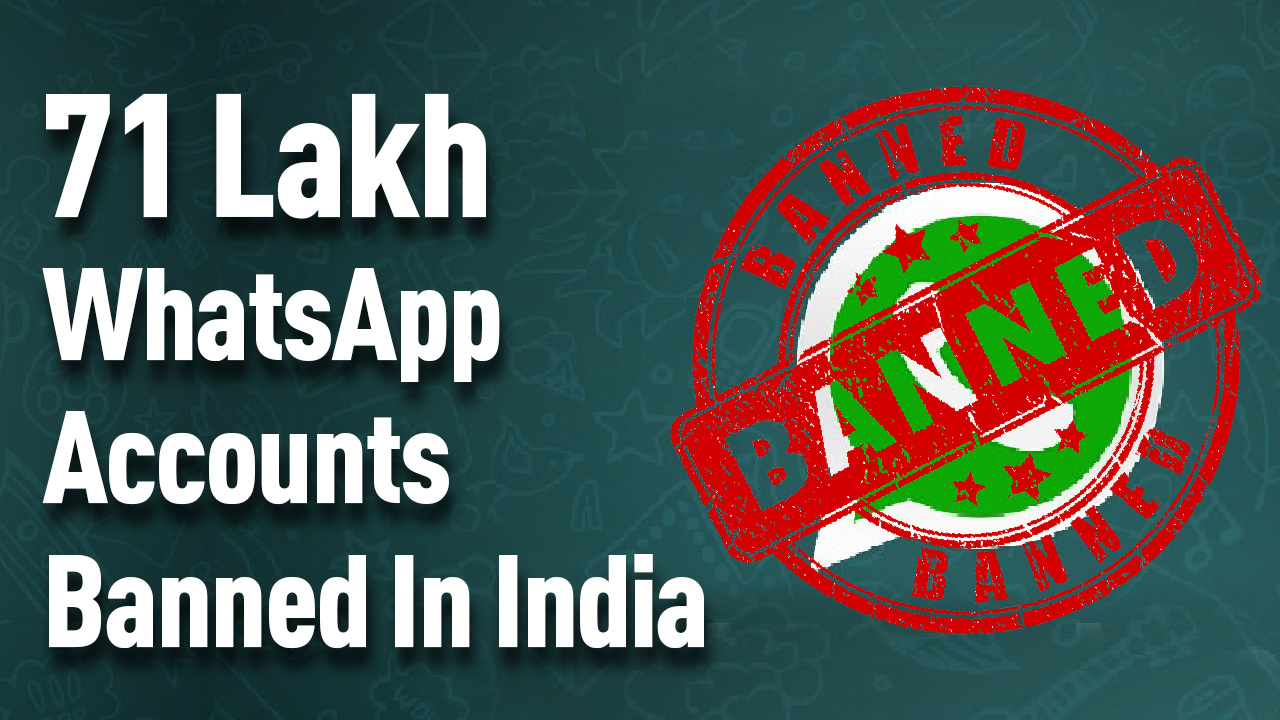When it comes to finding information online, two popular tools that come to mind are ChatGPT and Google. While both are designed to help users find information quickly and efficiently, they work in different ways and have their own strengths and weaknesses. In this blog post, we’ll explore the key differences between ChatGPT and Google to help you choose the best tool for your needs.
What is ChatGPT?
ChatGPT is an AI language model created by OpenAI, based on the GPT-3.5 architecture. ChatGPT is designed to understand and respond to natural language input, and it continually learns from vast amounts of text data to improve its responses over time. Users can interact with ChatGPT through a variety of platforms, including chatbots, virtual assistants, and other applications.
What is Google?
Google is a search engine that allows users to search the web for information on a wide range of topics. Google uses complex algorithms to rank and display search results based on a variety of factors, including relevance, authority, and user behavior. Google also offers a wide range of other services, including email, maps, cloud storage, and more.
How do ChatGPT and Google differ?
While both ChatGPT and Google are designed to help users find information, they work in different ways and have their own strengths and weaknesses. Here are some of the key differences between the two:
- Natural language processing: One of the key strengths of ChatGPT is its ability to understand and respond to natural language input. This means that users can ask ChatGPT questions or make requests in a conversational style, and ChatGPT will do its best to provide relevant and accurate responses. Google, on the other hand, relies on users to enter keywords and phrases that it can match against its vast database of indexed pages.
- Depth of knowledge: While Google has indexed billions of pages of content, its search results are often limited to the most popular or authoritative sources. ChatGPT, on the other hand, has access to a wide range of text data and can potentially provide more nuanced or specialized responses to user queries.
- User interface: Google’s search results are displayed on a web page, with various options for filtering and sorting the results. ChatGPT, on the other hand, may be accessed through a chatbot or other conversational interface, which can be more intuitive and user-friendly for certain types of queries.
- Other services: While ChatGPT is primarily focused on providing information through natural language processing, Google offers a wide range of other services that may be useful to users. For example, Google’s Maps and Translate services can help users navigate unfamiliar locations or communicate with people who speak different languages.
Which is best for you?
Ultimately, the choice between ChatGPT and Google depends on your specific needs and preferences. If you prefer to interact with technology in a conversational style or have specialized or nuanced queries, ChatGPT may be the better choice. If you are looking for a wide range of information on a particular topic or want to explore other Google services beyond search, Google may be the better choice. In either case, both tools have their own unique strengths and weaknesses, and users should choose the tool that best meets their needs.
Conclusion
In conclusion, ChatGPT and Google are two powerful tools that can help users find information quickly and efficiently. While they work in different ways and have their own strengths and weaknesses, both tools are valuable resources for anyone looking to learn, explore, or connect with others online. By understanding the differences between ChatGPT and Google










